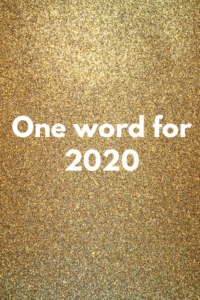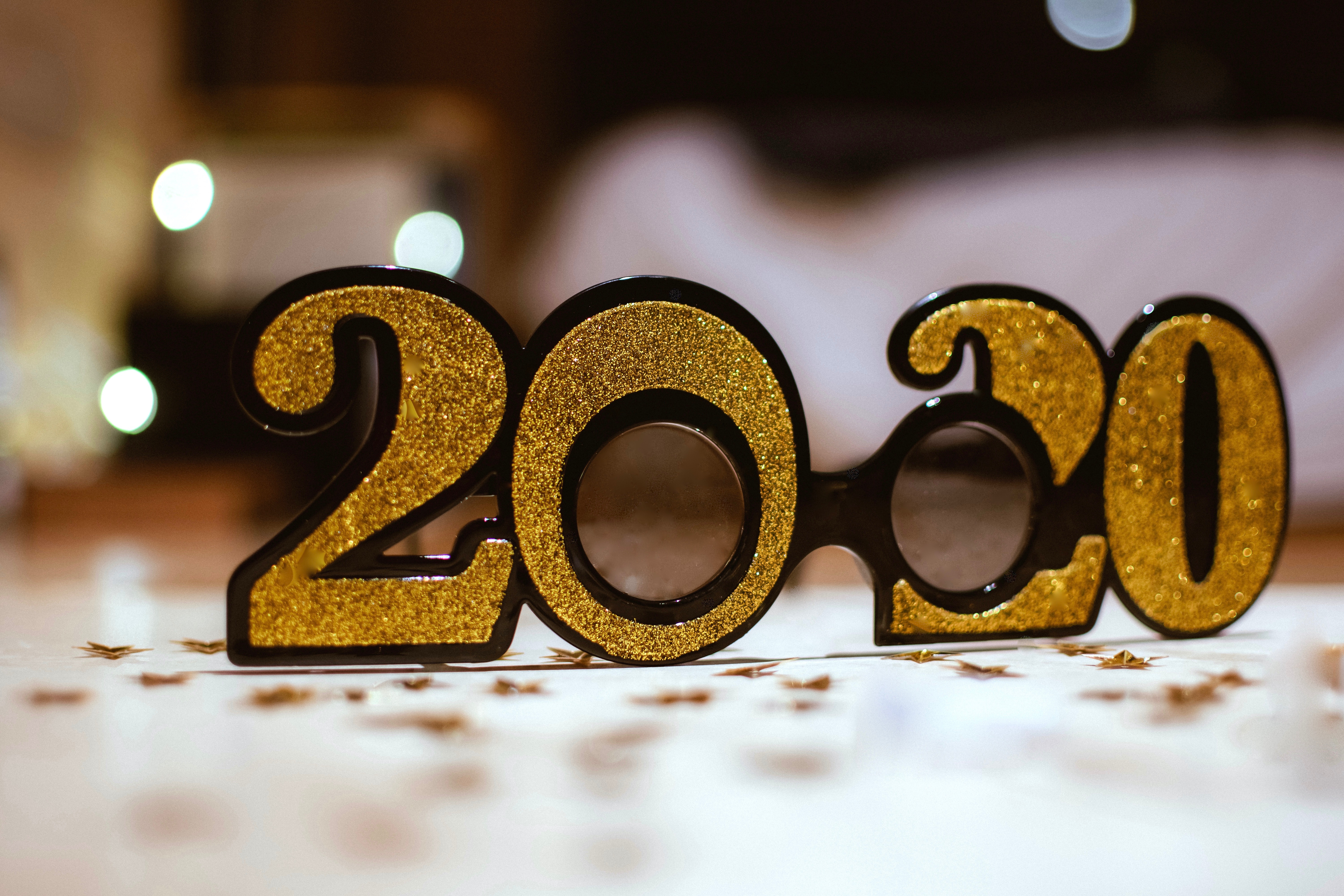If you’re anything like I am, you have mixed feelings about New Year’s resolutions because deep inside, you know you’ll likely let them die a slow, painless death on the side of the road paved with good intentions. Before Valentine’s Day rolls around, you’ve already swiped left on that resolution and moved on.
Recently I’ve been hearing a lot about abandoning resolutions and opting for the one-word strategy instead. Maybe you’ve seen the memes on social media or stumbled across the countless blogs extolling the benefits of choosing one word to be your focus for the coming year. 
The logic seems sound. If you choose one word that’s in alignment with your values, it serves as a constant reminder of how you want to live, and you’re more likely to stay focused on your goals.
But what if we took this “one-word” movement a step further and decided to focus on one word as a community? One word that could unite families, communities, and companies.
We’re currently living in a time that’s become known as the post trust era. A world where “misinformation” was Dictionary.com’s word of the year in 2018 and Merriam-Webster added “Deep state” to their dictionary in 2019.
What if we made TRUST our word for 2020?
Trust is hard to define, but we immediately know when we have it and when we’ve lost it. Click To TweetPaul J. Zak, a Harvard researcher and author of “The Trust Factor: The Science of Creating High Performing Companies,” found that people at high-trust companies report:
- 13% fewer sick days,
- 17% increase in earnings,
- 40% less burnout,
- 50% higher productivity,
- 74% less stress, and
- 76% more engagement.
According to Adweek, a lack of trust costs global brands $2.5 trillion per year and a loss of 41% loss of clients.
A lack of trust is bad for business, and it’s even worse for communities. According to the Pew Research Center, in 2019, public trust in the government remains near historic lows. Only 17% of Americans say they trust the government to do what is right. In 1958 that number was almost 75%. The absence of trust causes misunderstandings, conflict, and even war.
So, what can we do to restore trust? Simply stated, trust starts with you and me. Trust is personal. As His Holiness the Dalai Lama said, “To earn trust, money and power aren’t enough; you have to show some concern for others. You can’t buy trust in the supermarket.”
Being able to identify and respond to other people’s emotions helps us to build healthy and trusting relationships.
Using empathetic body language builds trust and respect because it facilitates openness and creates an environment that encourages collaboration over competition.
Here are three easy ways to express empathy and increase trust with your body language:
- Subtly mirror their body language and energy level. Like attracts like and builds a bond of trust naturally.
- Practice relaxing your face. You may have heard the term RBF (resting badass face). The “B” stands for something else, but I prefer badass. When you have RBF, you don’t appear empathetic, so you may have to practice a softer expression.
- Move from behind your desk. Removing any barrier between you and the other person will increase empathy.
As we close another year and another decade, I hope that we all resolve to show more concern for one another and continue on our quest to rebuild trust.

